TPC Team
Kai-Erik Sunell always knew he had a passion for engineering – so much so that he spent almost 30 years working as a researcher, developer and standardisation delegate in telecommunications and radio technologies for international companies. Yet something about that path just wasn’t working. It was too linear. Too focused on the now and not on where he had been.
So he decided to step away from the corporate world and start a portfolio career, using the skills and experience he honed over the years to solve technical problems for a range of clients.
We sat down with Kai-Erik to ask how his journey has been. Take a look at how far his portfolio career has come since going independent last year.
We’d love to hear about your background. What were you doing before you started your portfolio career?
I’m originally from Finland – I lived half of my life there – but I’ve been an expat for almost 30 years. I studied in both Finland and Sweden and I have worked for big companies. Now I own my own business in France.
Mainly, I am an engineer. I spent the last 25 years working with wireless and radio technologies, focusing on telecoms and standards. So I have been able to travel a lot to places like the US, Japan, China and Korea. It’s been a great way to meet people from different countries and it has resulted in a fascinating personal network.
It sounds like you worked in large organisations for quite some time. What inspired you to want to build a portfolio career and how have you grown your portfolio business?
I started last year as a freelancer and I only had one client. So, I wasn’t really calling myself a portfolio professional yet. But I have always wanted to be an entrepreneur.
What I have now is absolutely fantastic. I have a real portfolio career with multiple clients and multiple sources of income. I was surprised by how easy it was to kick this off. It started so well and I hope it continues like this.


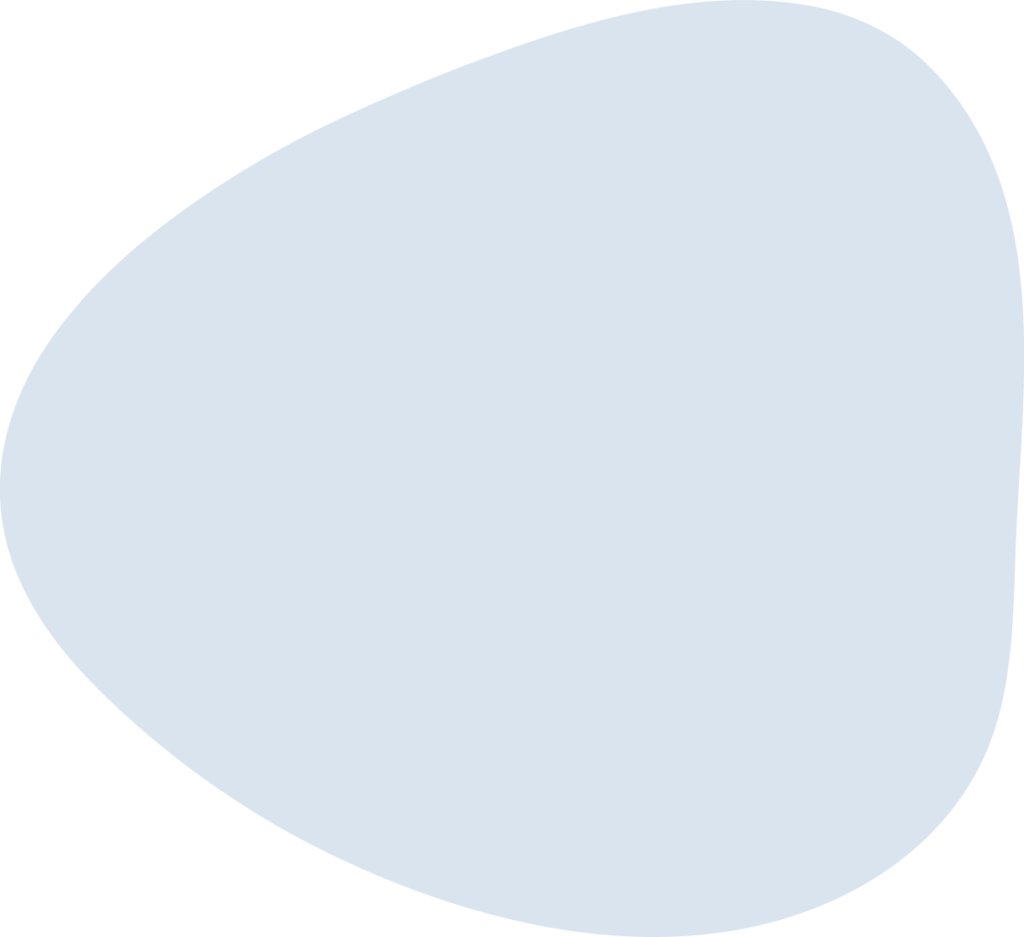





What about the work you do as a researcher? How did you get into that?
I have actually been working as a researcher for quite some time at universities and in corporations. Research and development has always been a part of my work.
What I’ve noticed is that many places still adhere to a backwards way of thinking about work and careers. There’s a science fiction movie called Paycheck about an engineer who researches competitors’ products and has his memory erased after every task. This is how life works for engineers. The only thing people are interested in is what you did last year or in the last five years. But what really matters is what you have done throughout your whole career.
I have worked as a researcher, developer and standardisation engineer. I have worked in testing. I have been a teacher. I have followed many threads and I can still do all of these things. I don’t have to see my career as some kind of linear path where my competencies have a ‘best before’ date.
There are people who ask me about things I have done ten years ago and I can still remember them. They pay for that expertise and I am happy to help. It’s all part of being a focused expert. This is the way I monetise my portfolio career.
It’s really important to remember that the stuff that you do, no matter how early on in your career, helps you throughout your whole professional life.
Exactly. I haven’t worked with universities for 20 years, but I recently started a collaboration with a university and that’s just business as usual. It was great to go back to that context, but I don’t do it full time.
So what’s your favourite thing about what you do at the moment?
I love to solve technical problems and come up with new ideas. I like to think about how things will look in 10-20 years and brainstorm solutions. I am now in discussion with the automotive industry, looking at how cars will communicate with each other and with pedestrians. These things will be a reality very soon, meaning maybe five or ten years.
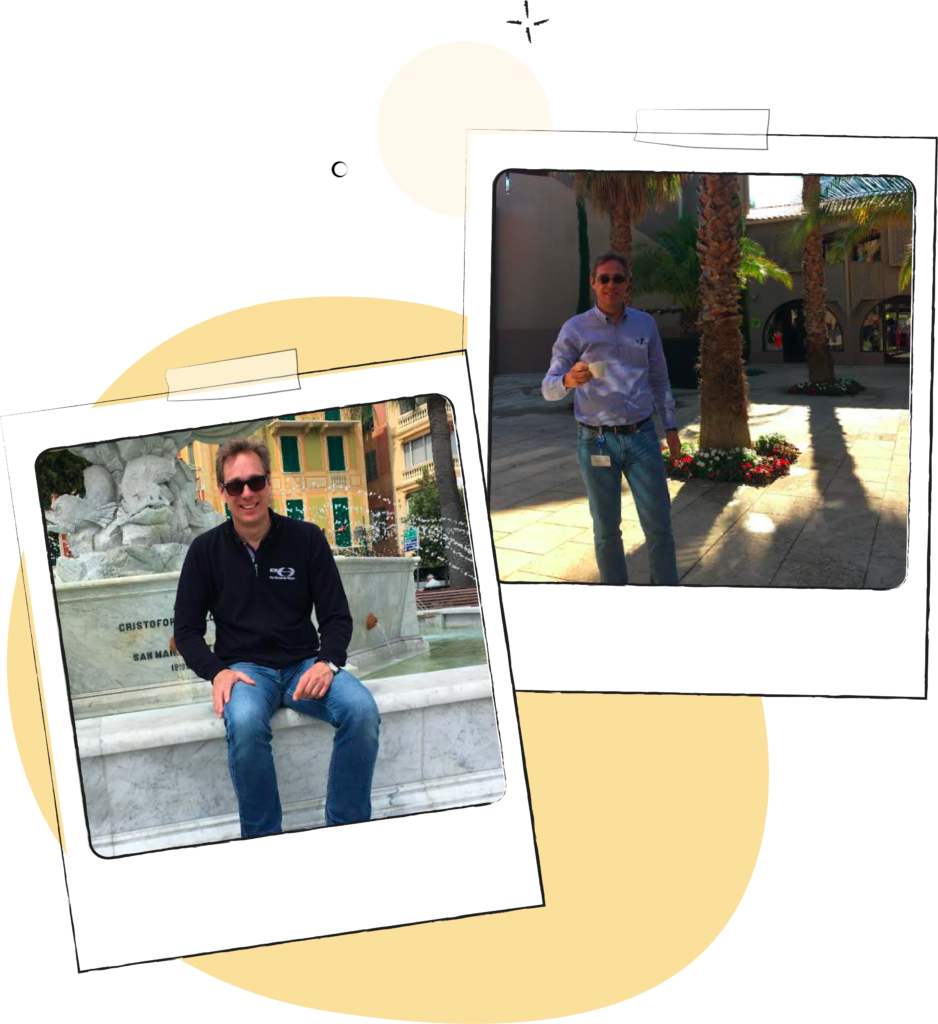

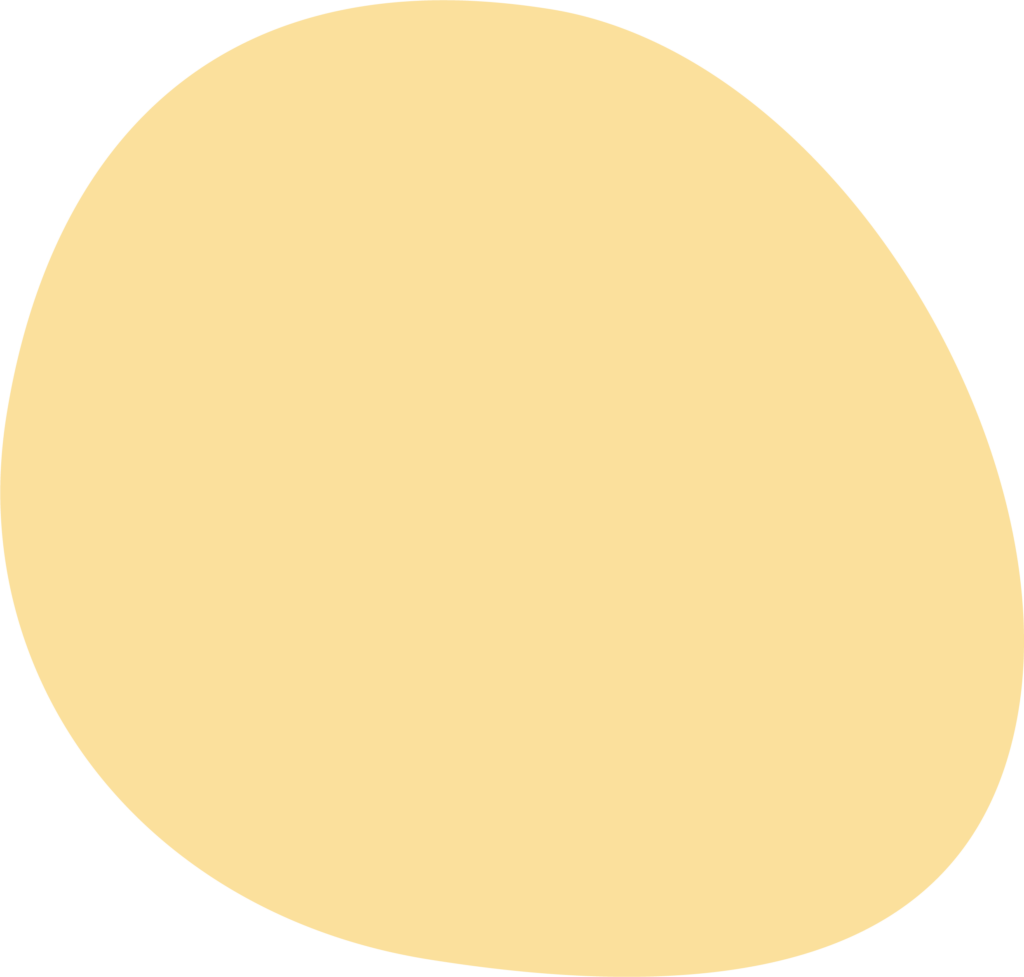


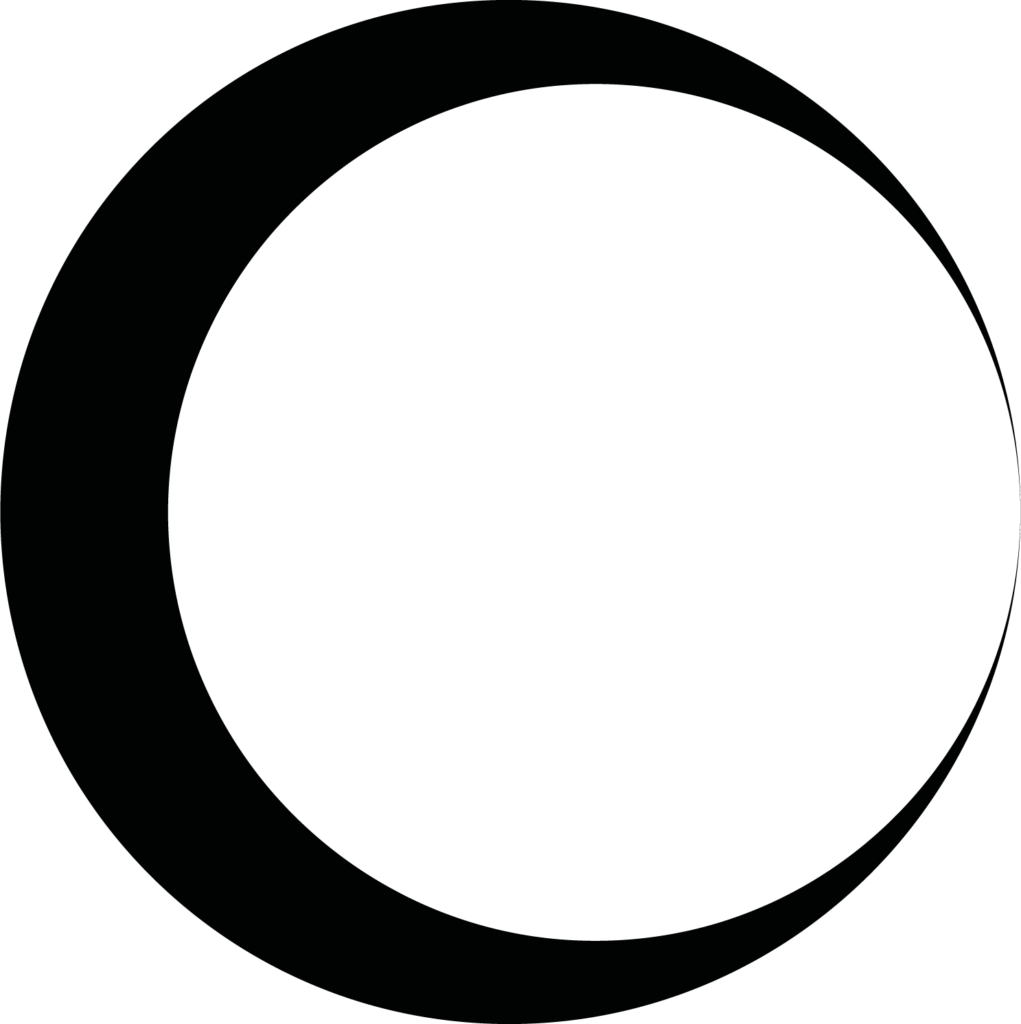
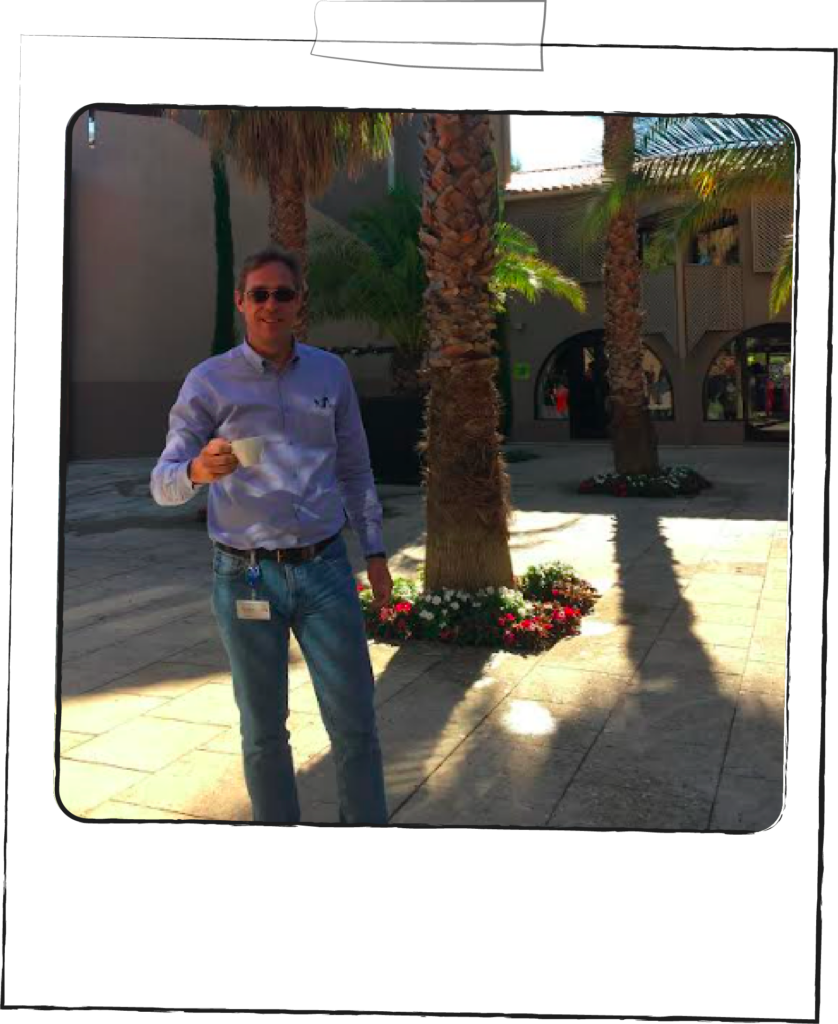
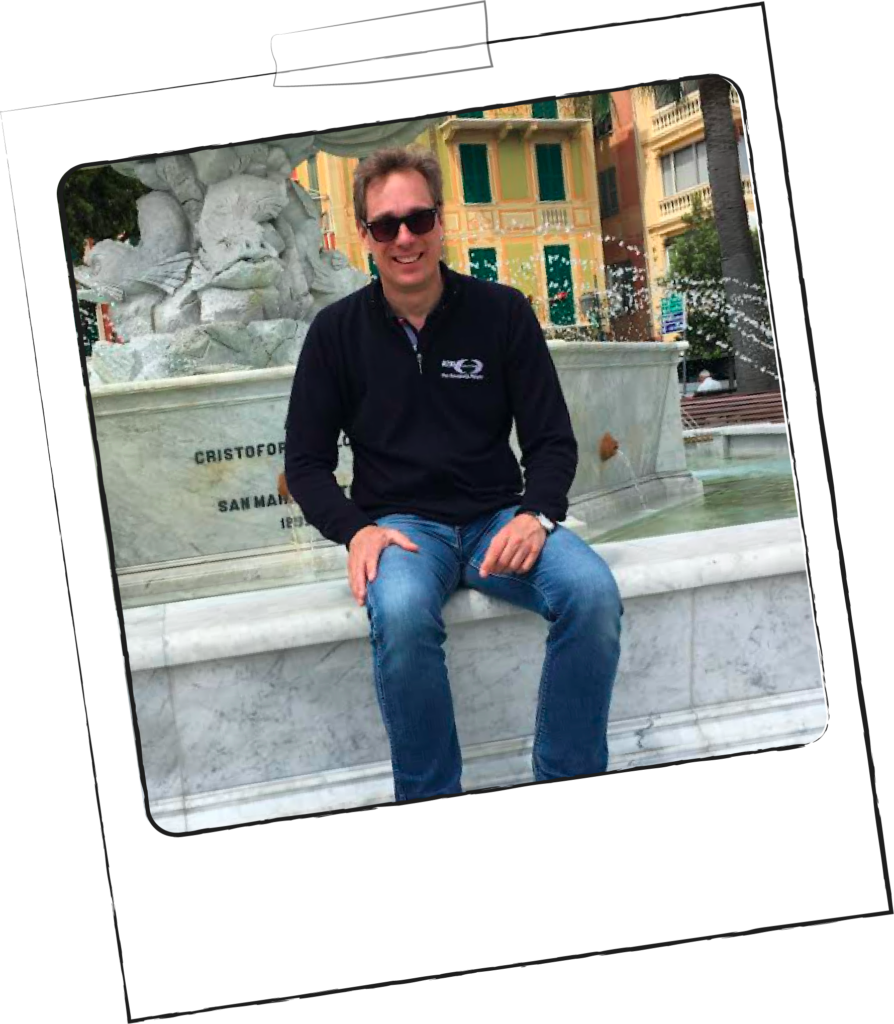
Communication innovation must be such an interesting space to be in right now, especially with so many new technologies. Is there anything that you want to start doing in the future? Or is there a particular role that you’d be really interested in?
I have been thinking about writing a blog or a book and even about getting back into teaching more. I want to brush up on that part of my career.
The concept of my portfolio career is based around the pieces I already have and how I can use them in new ways. An idea that was new yesterday is common knowledge today. From that, we will build new ideas that we can put into practice tomorrow. I can contribute to that evolution. I can monetise the same knowledge and discussions three times, whether that’s talking about the future, what we’re doing now or what happened in the past.
You’ve spoken a bit about how you’re still quite new to a portfolio career and that it’s been easy for you to pick up. What advice would you give to someone who wants to follow in your footsteps?
My biggest advice is to think about the competencies you have. When getting into this new type of mindset it’s important to consider the ingredients or elements that can make up your portfolio career. What are your skills and how can you monetise those? Don’t just focus on your corporate track and the latest things you’ve done. Try to see the big picture.
And let go of the fear of losing your secure employment. I was so grateful when I didn’t have to worry about getting laid off or have my contract renewed. Now, I have multiple sources of income and something is always happening. I just continue. I don’t ever have to worry about being unemployed.
That’s a nice perspective, because people often worry about being unemployed when they have a portfolio career.
I’ve heard this so many times. I’ve been working in corporations where there were layoffs every other year and you could see the fear in people. But what’s the worst that can happen? You start something else. That can be a good thing.
When you’re asked to create a CV everything is sequential. It starts on one date and ends on another and that really forces you to think about the latest thing that you’ve done. But if you really start thinking about it as a portfolio, your skills don’t move sequentially – they move in parallel. It’s a totally different mindset.
Feeling inspired by Kai-Erik’s story? It all starts with a shift in the way you think about work. From there it’s up to you to figure out what you’re good at and how you can make money doing the things that you love.
Join our community to connect with others who have taken the journey before you. You never know what you might discover about yourself or your career ambitions.
Think this sounds like the right path for you? Come along to our monthly Community Welcome Call for new members to find out what a portfolio career could look like and how The Portfolio Collective can help you take those first steps towards professional success – and don’t forget to connect with our community!




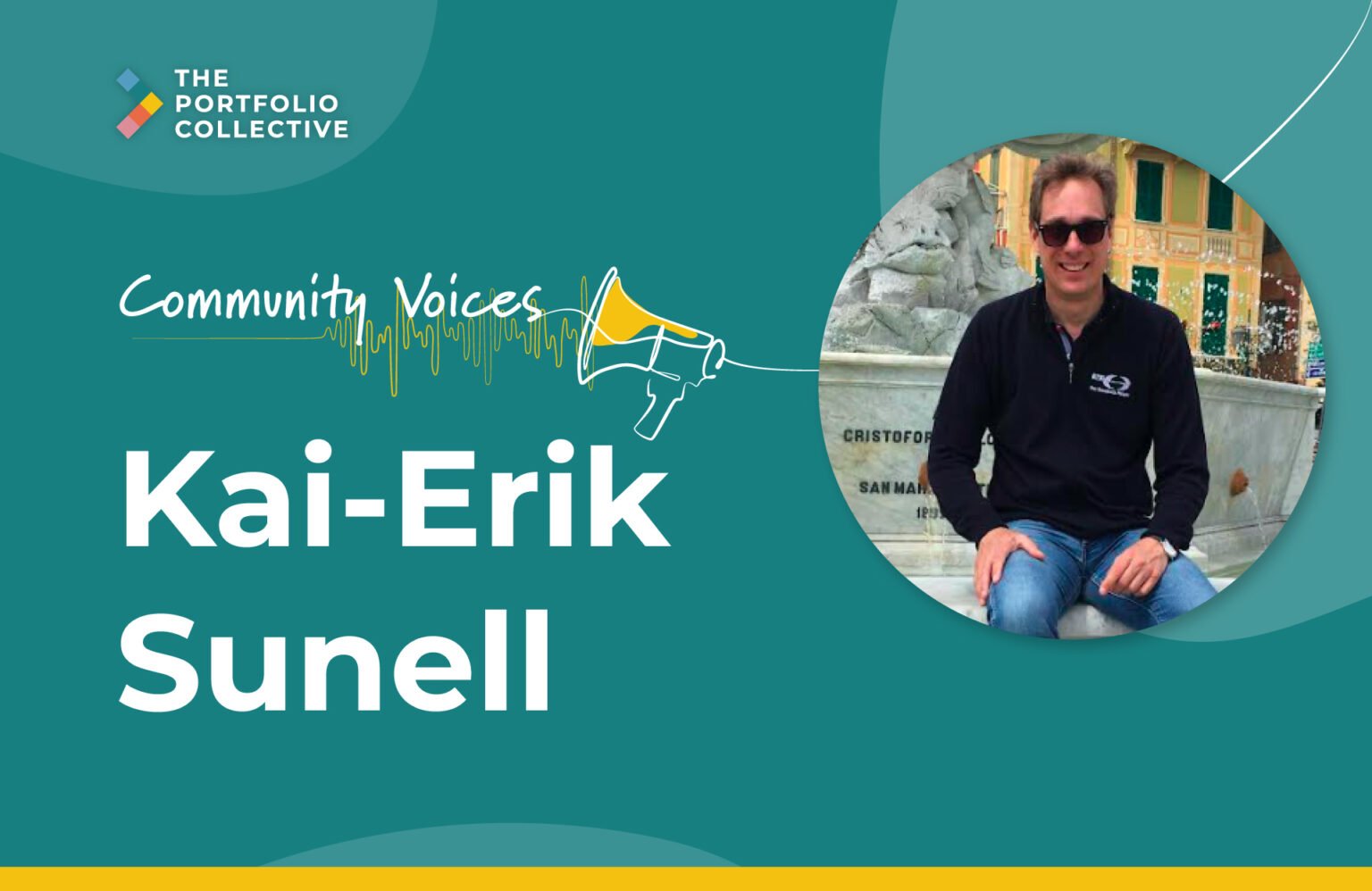



2 responses to “Leaving the linear path: Kai-Erik’s story”
Was great speaking to you for this article Kai-Erik
Thanks. It was also great to be interviewed. The article looks really nice.